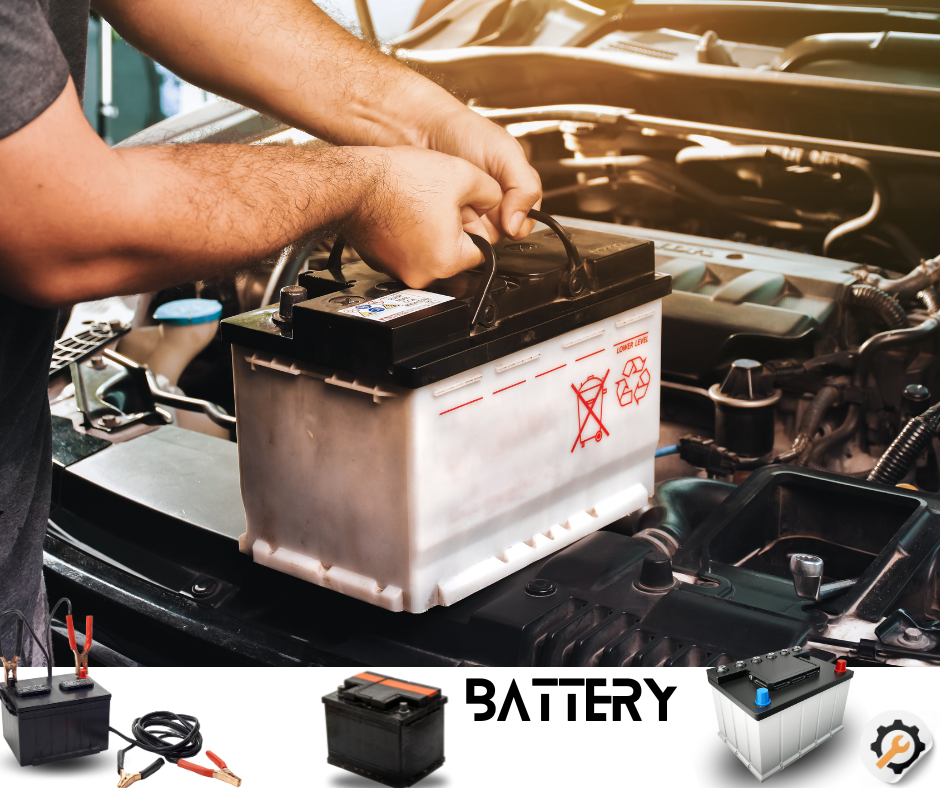When to Replace Your Car Battery: Key Signs to Watch For

Wondering if your car battery is on its last legs? Discover the essential signs that indicate it's time for a replacement.
The Importance of a Healthy Car Battery
A healthy car battery is crucial for the reliable operation of your vehicle. It provides the necessary power to start the engine and run electrical components like lights, radio, and air conditioning. Without a functioning battery, your car simply won't start, leaving you stranded and frustrated.
Maintaining a healthy car battery also ensures that your vehicle's electrical system works efficiently. A weak or dying battery can cause strain on the alternator and other components, leading to more costly repairs down the road. Regular checks and timely replacements can help avoid these issues.
Common Warning Signs Your Battery Needs Replacement
There are several warning signs that indicate your car battery may need to be replaced. One of the most common is a slow engine crank. If you notice that your engine takes longer to start or struggles to turn over, it could be a sign that your battery is weakening.
Other signs include dimming headlights, a check engine or battery warning light on your dashboard, and the need to jump-start your car frequently. If you experience any of these symptoms, it's important to have your battery tested and possibly replaced.
How Climate Affects Your Car Battery's Lifespan
The climate you live in can significantly impact the lifespan of your car battery. Extreme temperatures, both hot and cold, can accelerate the wear and tear on your battery. In hot climates, the heat can cause the battery fluid to evaporate, leading to internal damage.
Cold weather, on the other hand, can reduce the battery's ability to hold a charge and deliver power. It's important to take extra precautions, such as parking in a garage or using a battery blanket, to protect your battery from harsh weather conditions.
Tips for Prolonging Your Car Battery's Life
There are several steps you can take to prolong the life of your car battery. Regular maintenance, such as cleaning the battery terminals and ensuring they are tightly connected, can help prevent corrosion and improve performance.
Additionally, try to avoid short trips that don't allow the battery to fully recharge. If you don't drive your car often, consider using a battery maintainer or trickle charger to keep it in good condition. Regularly testing your battery and replacing it when necessary can also help you avoid unexpected breakdowns.
Choosing the Right Replacement Battery for Your Car
When it's time to replace your car battery, it's important to choose the right one for your vehicle. Start by consulting your owner's manual to find the recommended battery size and type. You can also seek advice from a trusted mechanic or auto parts store.
Consider the warranty, cold cranking amps (CCA), and reserve capacity when selecting a replacement battery. Opting for a high-quality battery that meets your car's specifications will ensure reliable performance and longevity.

 Loading..
Loading..